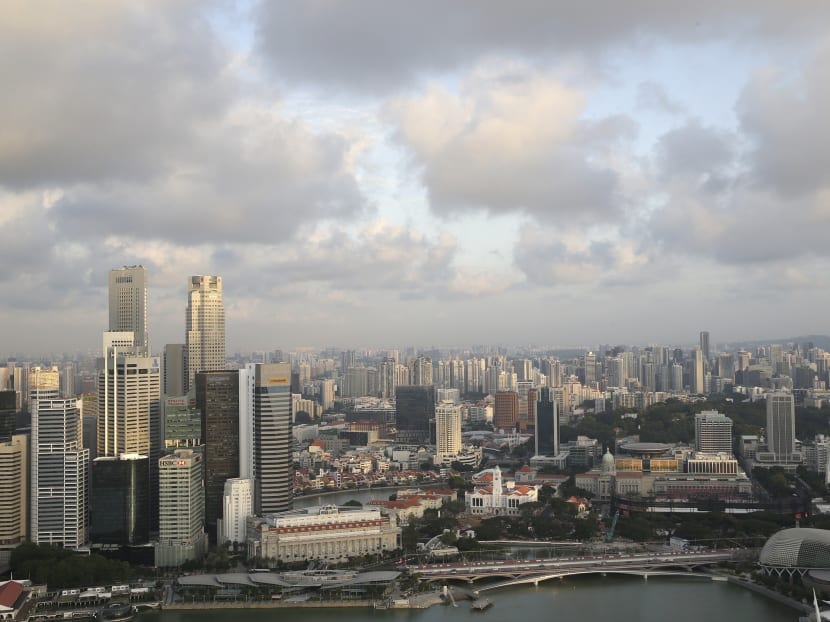Singapore ranked most expensive city for expats for fourth year running
SINGAPORE — For the fourth year running, the Republic has been ranked the most expensive city for expatriates and business travellers, ahead of Hong Kong and Zurich, according to a bi-annual survey by the Economist Intelligence Unit (EIU).
SINGAPORE — For the fourth year running, the Republic has been ranked the most expensive city for expatriates and business travellers, ahead of Hong Kong and Zurich, according to a bi-annual survey by the Economist Intelligence Unit (EIU).
Singapore was among five Asian cities in the top 10 of the Worldwide Cost of Living for 2017 survey — the rest being Tokyo, Osaka and Seoul. A slight weakening in the greenback saw New York slipping to ninth place, while the devaluation of the pound eased costs in United Kingdom cities, with London falling to 24th, its lowest position in 20 years.
Despite topping the ranking, Singapore offers relative value in some categories, such as personal care, household goods and domestic help, especially compared with its regional peers, the survey found. But Singapore remains the most expensive place in the world to own a car, as well as the second-priciest destination in which to buy clothes.
The survey found that Singapore was on par with Shanghai when it came to the cost of food and drink.
For example, the average price for a 750ml bottle of table wine is US$23.68 (S$33.13) in Singapore, lower than the US$26.54 in Seoul. The average price for a 1kg loaf of bread is US$3.55 in Singapore, while it costs US$4.61 in Hong Kong and US$7.41 in Tokyo.
Human resources experts said cost of living is only one of the issues people consider in their decision for a work destination.
Mr Nilay Khandelwal, regional director at Michael Page Singapore, said: “Singapore’s attractiveness remains strong for an expat coming from any part of the world. Quality of life, education facilities, connectivity for corporate and professional travel, stable political environment still make it attractive as an investor or an individual looking to Asia.”
Ms Jaya Dass, country director of Randstad Singapore, agreed. “The transparency of governance and ease of doing business, combined with government efforts to create a positive environment for start-ups and innovation makes Singapore a highly attractive business hub for people to grow their careers,” she added.
Mr Khandelwal also noted an “increase in Europe and other Asian country nationals moving to Singapore” within niche functions such as fintech, research and development, as well as analytics.
The EIU report said that with commodity prices set to rebound this year after five years of decline, there will be an impact on prices, especially in markets where basic goods make up the bulk of shopping baskets.
It also noted that the political headwinds and uncertainty of 2016 will have a “deeper effect” this year. The UK, for example, has seen the cost of living decline as a result of the Brexit referendum and related currency weaknesses, which are expected to “translate into price rises as supply chains become more complicated and import costs rise”.
Over in the United States, Mr Donald Trump’s role as commander-in-chief could “signal significant upheaval in trade agreements and international relations, which may push up prices for imports and exports ... as treaties unravel or come under scrutiny”, the report added.
The EIU survey compares more than 400 individual prices across 160 products and services, including food, drink, clothing, household supplies and personal care items, home rents, transport, utility bills, private schools and recreational costs.
It is designed to help human resources and finance managers calculate cost-of-living allowances, as well as build compensation packages for expatriates and business travellers.
The EIU report was published the same day as a separate ranking that said Singapore had the fourth lowest cost for talents.
The 2017 Global Startup Ecosystem Report and Ranking released by Startup Genome also said Singapore has the best start-up ecosystems in the world for talents and the third-best access to talents.










